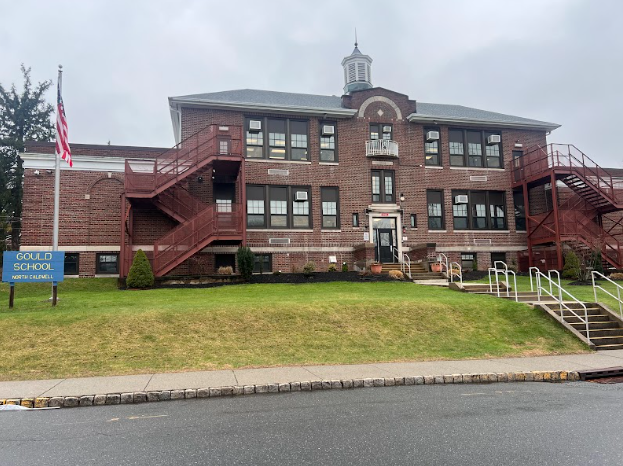Throughout history, referendums, the practice of asking the public their thoughts on proposed legislative improvements, have been used to further advance our districts’ education system and prepare students for a successful future. West Essex’s opening in 1961 was built upon a December 1958 referendum, a $4.5 million bond that is now equivalent to about $49 million. This sum was used to pay for the construction of the new school after the Caldwell-West Caldwell district and the Grover Cleveland High School felt overcrowded, sending those who were outsiders to the district to West Essex.
The four towns that compose West Essex’s regional district each have their own elementary schools that are pivotal to the growth and development of their residents’ children. While many referendums are often proposed for a good cause, many get shut down in the popular vote for a variety of reasons, including the possibility of raising taxes.
For instance, in 2022, a referendum to address the lack of space in Fairfield public schools was shut down. It was a $30 million school expansion and renovation referendum. The votes were overwhelming against the change, leading to the following changes.
Because of the failed referendum, the Board of Education decided that Churchill’s fifth graders had to attend classes in trailers, increase the preschool tuition was increased and to dismantle courtesy busing.
After losing two years of schooling to the pandemic, people found the request for this referendum to be insulting and ultimately unreasonable. Taxpayers were unhappy with the surge in cost that would come with the renovations, when their one goal was for the children to be back in school and learning.
On the other hand, many Fairfield families were upset with the updates to the system and the lack of transparency from the Board of Education, yet these changes were necessary because of the failed referendum in order to keep public education up to par.
Situations like this are not uncommon in our other districts. The North Caldwell district rejected the NCBOE’s $51 million bond referendum in September 2023. This referendum targeted safety and security measures in Gould and Grandview Elementary School. They wanted to use this money to close the gap between the two school buildings at Gould Elementary School. In addition to this, they hoped to update the HVAC and security systems and fix the roofing, all of which are considered large-scale projects. Lastly, they would put some of the money toward increasing air circulation throughout both Gould and Grandview. Overall, their goal was to increase cost efficiency by improving the school to have the most up-to-date resources.
This referendum was discarded in a vote that resulted in 968 votes opposed and 731 in favor.
While these two referendums have failed because of the negative implications of raising taxes, many do have positive aspects, including educational improvement. Because of this crucial benefit, many do pass. For example, a Roseland referendum addressing space and capacity problems in Noecker Elementary School was passed in February 2025. This new addition will include eight new classrooms, two small group instructional rooms, a storage room, a renovation of two existing spaces to create two additional small group instructional classrooms, unit ventilator replacement, window replacement and a boiler replacement.
The building’s addition and new systems are estimated to cost $12.5 million and state aid is estimated to be $1.5 million. But the main difference that sets this referendum apart from the one seen in North Caldwell and Fairfield is that it will have a “net zero” impact on taxpayers. The fact that residents’ taxes will not increase with the referendum is definitely a main factor in the referendum being easily approved.
When taking a look back at how referendums have affected our elementary schools, it is interesting to see the proposed changes and how they have been handled. The elementary schools that feed into our middle and high schools are known to foster a strong education in students and is a main factor in why people choose to live in these four towns. While the stellar education system is a reason why people live in this area, when attempting to continue to improve students’ learning experiences with referendums, many have been shut down. This leads to the question of how our schools will continue to evolve in the future.




